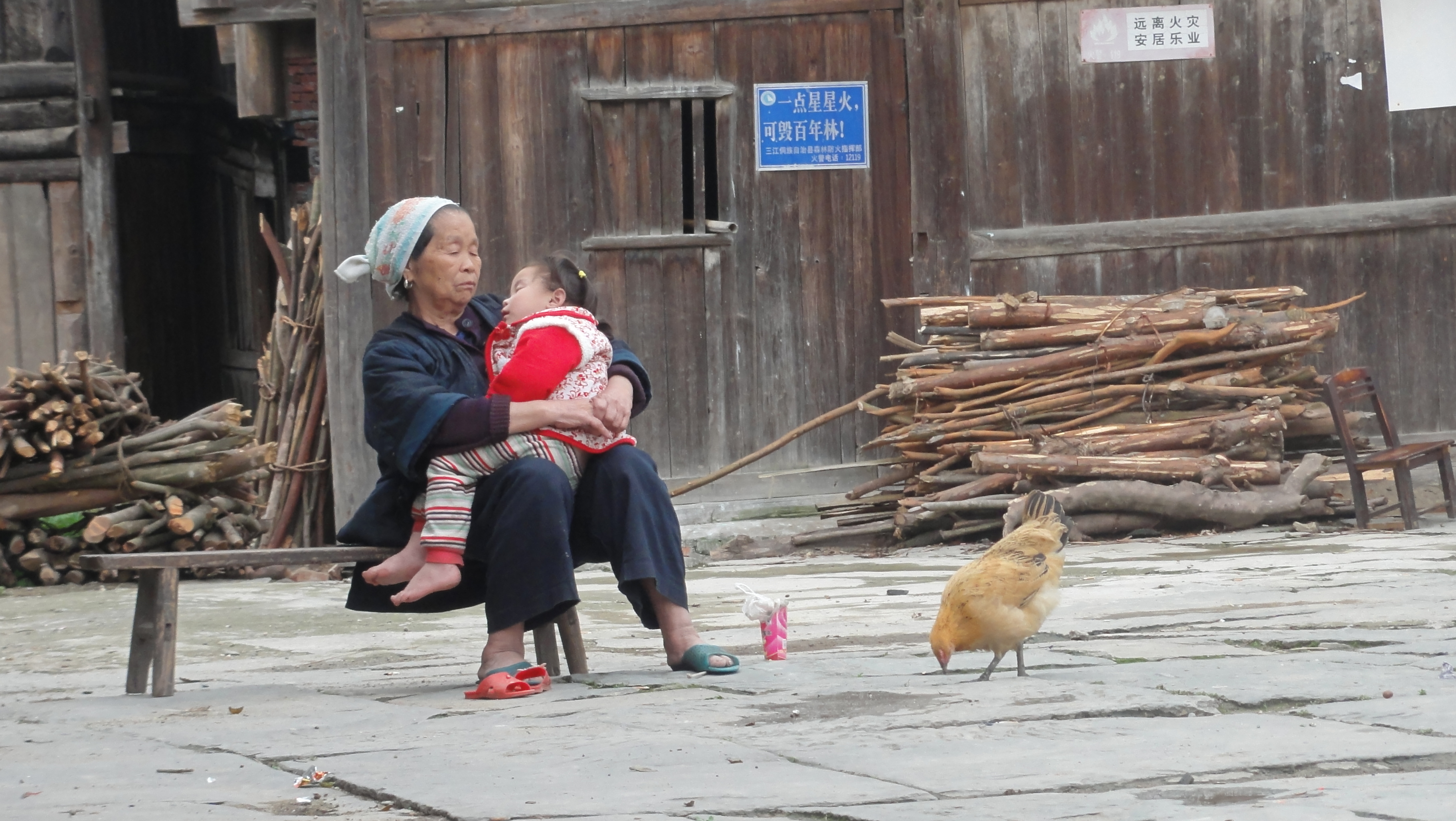Accurate Household Targeting: China’s New Anti-Poverty Strategy
SHARE THIS

| Sangui Wang (Renmin University of China) | |
| Thursday 2 November 2017 at 4:00 - 5:00 pm (Hong Kong time, GMT +8) | |
|
IAS4042, 4/F, Lo Ka Chung Building, Hong Kong University of Science and Technology |
Slides
Abstract
China has achieved remarkable poverty reduction since the reform began in late 1970s. More than 800 million people living under US$1.9 a day has been lifted out of poverty and China’s contribution to reducing the rate of global poverty exceeded 70 percent. However, with the slowdown of economic growth and increase of income inequality, China needs to reform its targeted poverty reduction strategies to enable the poor benefit more from poverty reduction interventions. In November 2013, President Xi Jinping proposed the strategy of “precision poverty alleviation” during his visit to western Hunan, and the strategy has become a significant part of China’s fight against poverty with the objective to end extreme poverty by 2020 in China. This presentation will summarize the main policies and practices implemented under this strategy in recent years. Progress and challenges will also be discussed to give the audience a better understanding of China’s efforts in helping the poor.
About the Speaker
Sangui Wang is Professor in the Faculty of Agricultural Economics and Rural Development, Director of China Anti-poverty Research Institute at Renmin University of China. He is a member of the Consultation Committee of the Leading Group for Poverty Alleviation and Development under the State Council of China and has worked as consultants for a number of international and bilateral development organizations such as the World Bank, ADB, UNDP, FAO, and IFAD. His research interests include rural poverty, development finance and impact evaluation of poverty reduction projects and programs in China and other developing countries. He has published articles on poverty and inequality, agricultural development, migration and rural finance in journals including the Journal of Public Economics, Journal of Comparative Economics, World Development, Agricultural Economics, Journal of Development Studies, and China Economic Review. He holds a Ph.D. in Agricultural Economics from Chinese Academy of Agricultural Sciences.
Get updates from HKUST IEMS






